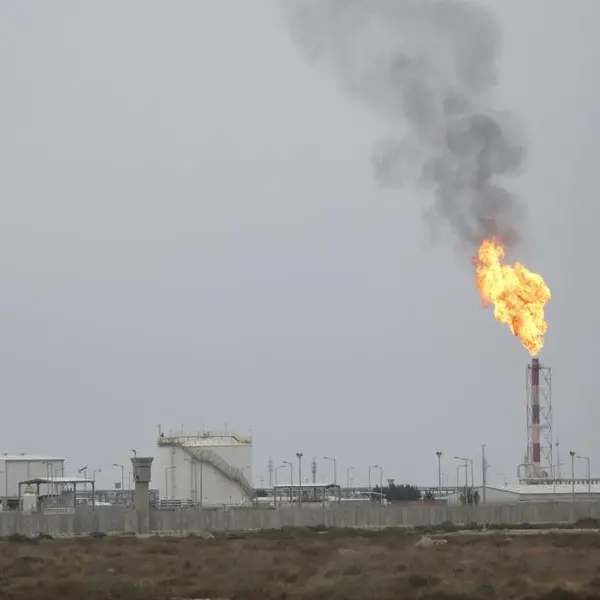SINGAPORE - Asia's cash premiums for jet fuel rose on Wednesday, after the Dec/Jan time spread for the aviation fuel in Singapore widened its backwardated structure.
Cash differentials for jet fuel were at a premium of 44 cents per barrel to Singapore quotes, while the prompt-month spread traded at 20 cents per barrel on Wednesday.
Traders, however, remain concerned that jet fuel demand recovery would take a hit if more countries reimpose border closures and travel restrictions to contain the Omicron variant of the coronavirus.
Refining margins or cracks for jet fuel climbed to $8.63 per barrel over Dubai crude during Asian trading hours, compared with $7.10 per barrel a day earlier.
OMICRON WOES
- Global airlines are bracing for more volatility due to the Omicron variant that could force them to juggle schedules and destinations at short notice and to rely more on domestic markets where possible, analysts say.
- Japan's flag airlines halted new reservations on Wednesday and the government widened a travel ban amid escalating alarm over Omicron after a second case of the variant was detected in the country.
- India's aviation regulator said on Wednesday it would announce the resumption of scheduled commercial international flights in "due course" instead of a planned restart on Dec. 15 due to the global spread of Omicron.
INVENTORIES
- Middle-distillate inventories in the Fujairah Oil Industry Zone dropped 33.5% to 1.9 million barrels in the week ended Nov. 29, data via S&P Global Platts showed.
- The weekly stocks in Fujairah have averaged 3.6 million barrels this year, compared with 4.2 million barrels in 2020, Reuters calculations showed.
- U.S. distillate inventories, which include diesel and heating oil, rose by 789,000 barrels for the week ended Nov. 26, according to market sources, citing American Petroleum Institute figures.
SINGAPORE CASH DEALS
- No gasoil deals, no jet fuel trades
OTHER NEWS
- Oil prices rose more than 4% on Wednesday, still struggling to recoup losses of more than 16% in November, as major producers prepared to discuss how much of a threat Omicron would pose to energy demand.
- Renewable energy should account for nearly 95% of the increase in power capacity in the world through 2026, a report by the International Energy Agency (IEA) showed on Wednesday, with solar power providing more than half the boost.
(Reporting by Koustav Samanta; Editing by Shailesh Kuber) ((koustav.samanta@thomsonreuters.com (+65 6870 3503)(Reuters Messaging: koustav.samanta.thomsonreuters.com@reuters.net))




















